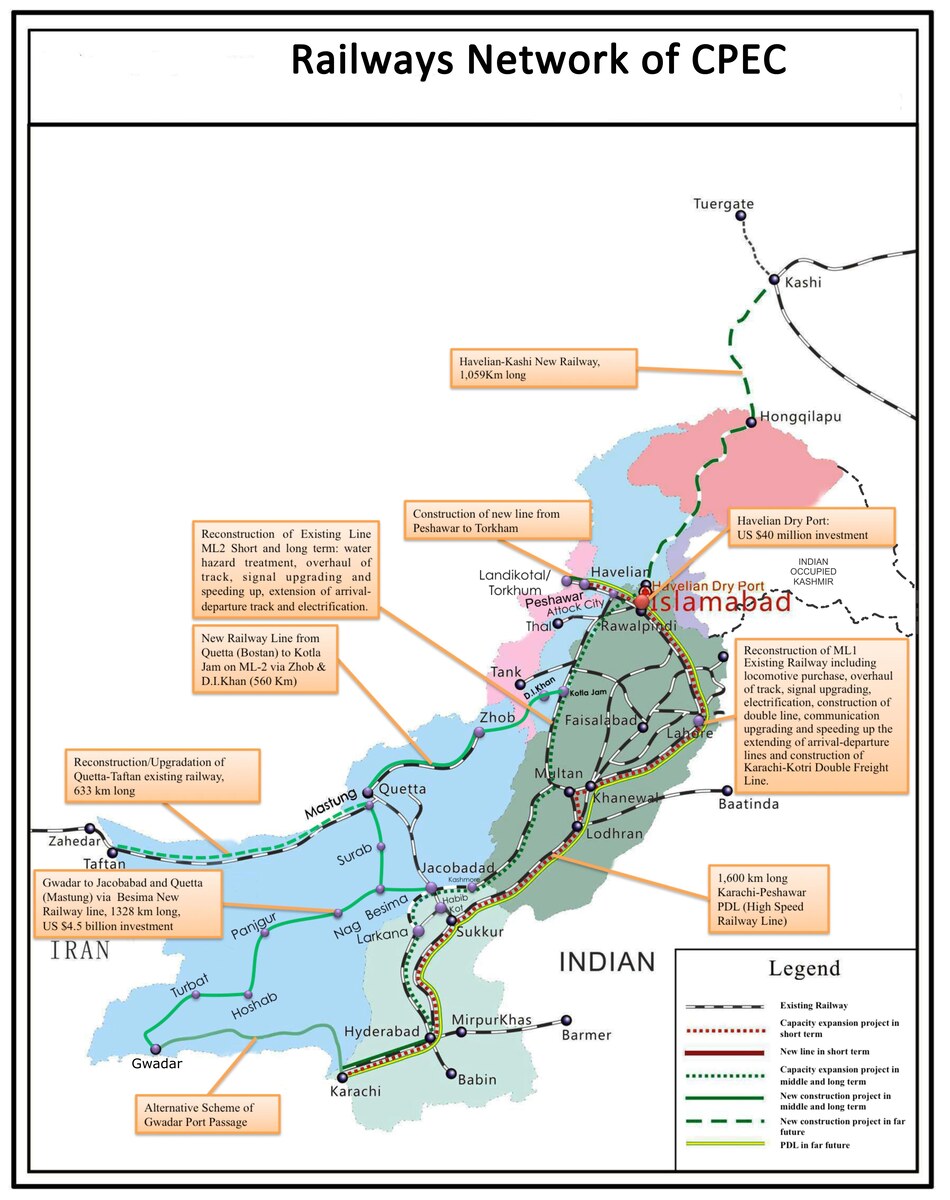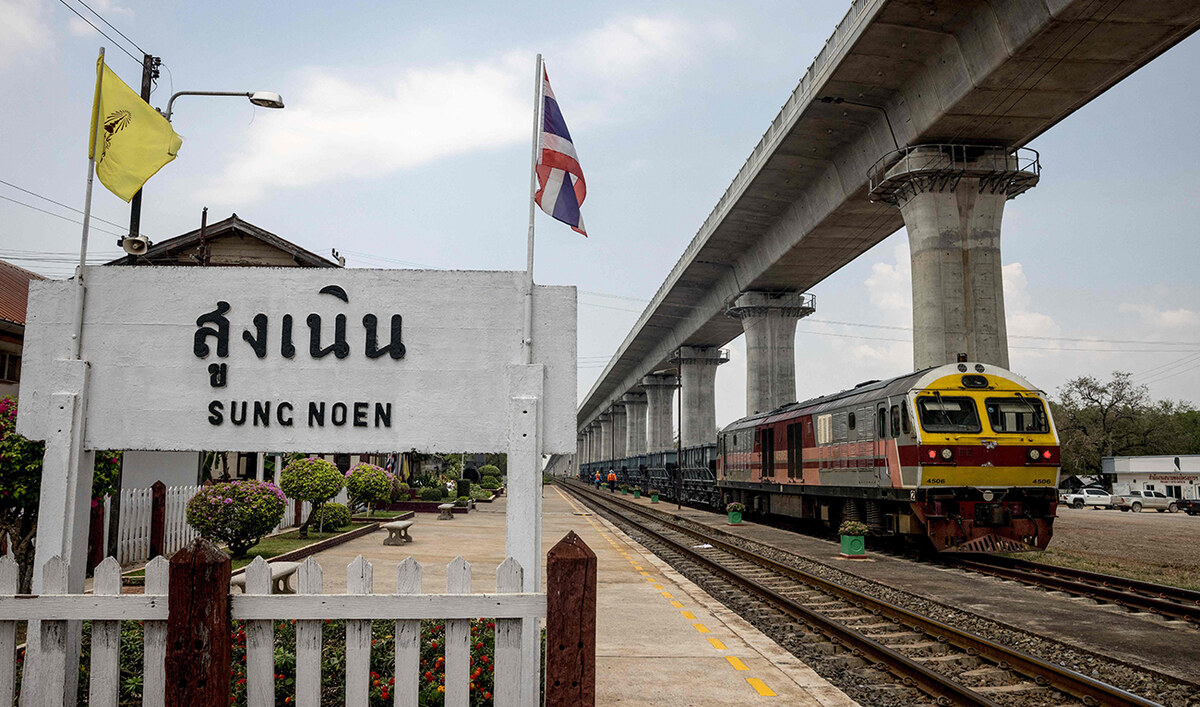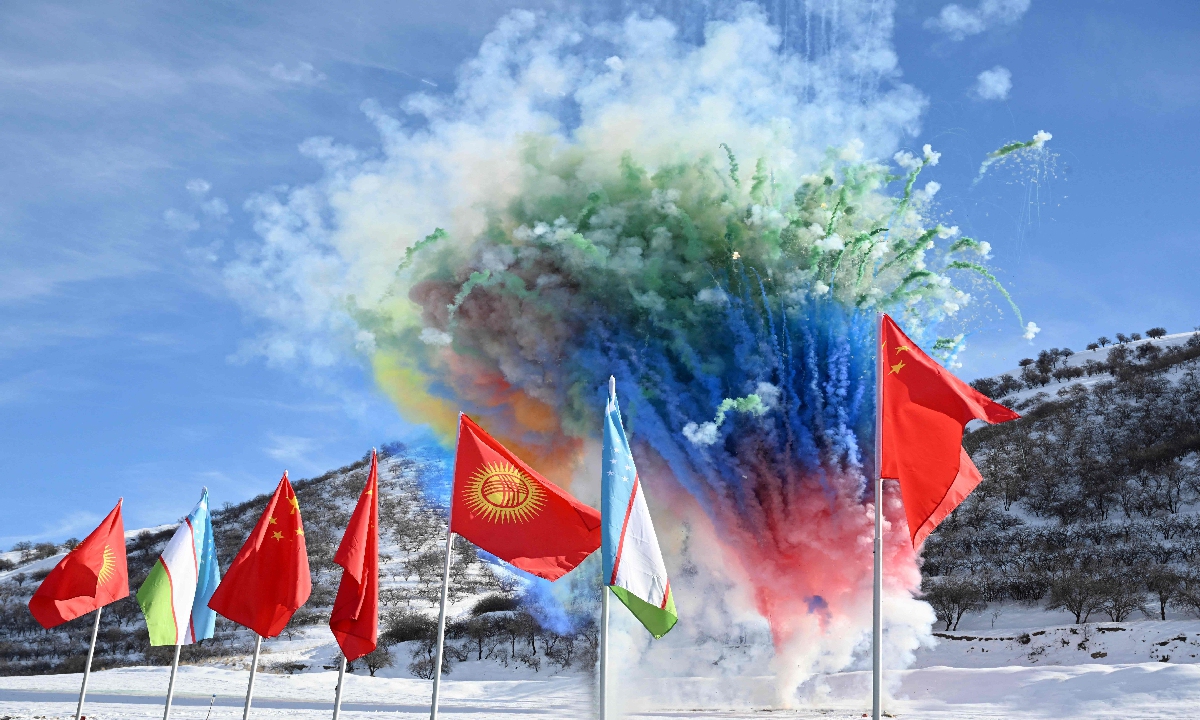Ukraine President Volodymyr Zelensky said on Monday that the situation on the front line of the war against Russia was “very, very difficult,” and Ukraine’s forces had to do everything they could over the autumn period.
“Reports on each of our frontline sectors, our capabilities, our future capabilities and our specific tasks: The situation is very, very difficult,” he said in his nightly video address, referring to a more than 2-1/2 hour meeting with top commanders.
“Everything that can be done this autumn, everything that we can achieve must be achieved,” he said.
It was the second time in less than a week that Zelensky referred to the need to act quickly in the coming months in terms of military action.
Ukrainian military bloggers have reported in recent days that Russian forces have been advancing on the hilltop town of Vuhledar, which Ukrainian forces have defended over the course of the war, in the south of the Donetsk region.
The popular blog Deepstate quoted Russian reports as saying Russian forces were shelling the town and “their infantry was moving in the city and among high-rise blocks. The Russians have raised their flag in western districts of the city.”
Russian forces have also been advancing slowly for months further north, with the aim of capturing the entire Donbas region, made up of the Donetsk and Luhansk regions.
Russia’s defense ministry said on Monday that its forces had captured the village of Nelipivka, south of the city of Toretsk, one of Moscow’s targets in the area.
Ukraine’s General Staff made no acknowledgement of the village changing hands, but said Russian forces had launched 10 attacks in and around it.
Zelensky made similar comments about the need for fast military action after meeting US Republican presidential candidate Donald Trump in New York on Friday.
Zelensky has taken great care to steer clear of controversy and suggestions of preference in the US presidential election and made no reference to the poll in his calls for fast action.
Vice President Kamala Harris, the Democratic Party candidate, has pledged continuing steadfast support for Kyiv.
Zelensky said in an interview with Fox News after his meeting with Trump that he received “very direct information” from Trump that the former US president would support Ukraine if re-elected.
Trump has questioned US spending on Ukraine’s war effort. During Zelensky’s visit to the United States last week, he repeated earlier statements that he would find a rapid resolution to the conflict if he won the election, without providing details.
Ukraine’s Zelensky: Front line ‘very, very difficult,’ must do what we can in autumn
https://arab.news/zu4kw
Ukraine’s Zelensky: Front line ‘very, very difficult,’ must do what we can in autumn

- Russia’s defense ministry said on Monday that its forces had captured the village of Nelipivka, south of the city of Toretsk, one of Moscow’s targets in the area




























